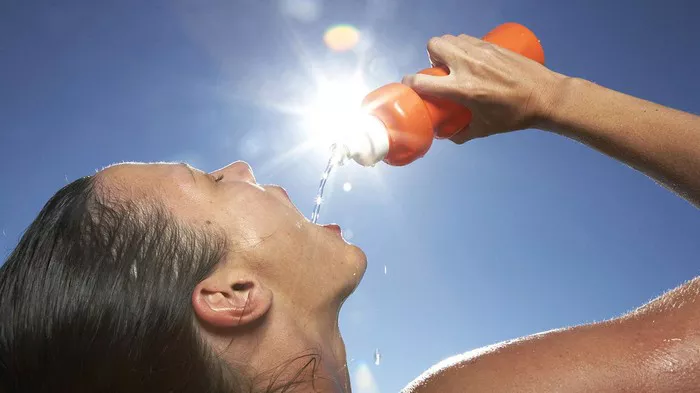In the complex symphony of the human body, every element plays a crucial role in maintaining the harmony of health. Among these elements, water is perhaps the most understated yet essential molecule, influencing everything from cellular function to the grand performance of the cardiovascular system. This article delves into the nuanced relationship between dehydration and premature ventricular contractions (PVCs), a common cardiac arrhythmia that can cause a host of symptoms and concerns. Through a thorough examination of physiological mechanisms, recent studies, and expert opinions, we aim to unravel the question: Will dehydration cause PVCs?
Premature ventricular contractions are early heartbeats originating from the ventricles, the lower chambers of the heart. These contractions occur out of the regular heartbeat rhythm, leading to palpitations or the sensation of the heart “skipping a beat.” While PVCs are common and often benign, frequent occurrences can indicate underlying heart conditions or increased risk of heart disease.
The Physiology of PVCs
To comprehend how dehydration might influence PVCs, a basic understanding of cardiac physiology is essential. The heart’s rhythm is governed by electrical signals, with the sinoatrial (SA) node acting as the natural pacemaker. Premature signals from the ventricles disrupt this rhythm, leading to PVCs. Factors that affect the heart’s electrical system or electrolyte balance can potentially increase the likelihood of these premature signals.
The Role of Hydration in Cardiovascular Health
Hydration plays a pivotal role in cardiovascular health. Water is crucial for maintaining blood volume, blood pressure, and the balance of electrolytes, such as sodium, potassium, and calcium, which are vital for conducting electrical signals in the heart.
The Impact of Dehydration on the Heart
Dehydration can lead to a decrease in plasma volume, resulting in thicker blood and increased vascular resistance. This, in turn, forces the heart to work harder, potentially leading to alterations in blood pressure and heart rate. Moreover, dehydration can disturb the balance of electrolytes, which are crucial for heart function and the propagation of electrical impulses across cardiac cells.
Exploring the Connection Between Dehydration and PVCs
While the direct causality between dehydration and PVCs is complex and multifaceted, several mechanisms suggest a link:
1. Electrolyte Imbalance: Dehydration can lead to significant shifts in electrolytes, such as potassium and magnesium, which are critical for heart rhythm regulation. These imbalances can predispose individuals to arrhythmias, including PVCs.
2. Increased Sympathetic Tone: Dehydration can trigger an increase in sympathetic nervous system activity, leading to elevated levels of stress hormones like adrenaline. This can enhance the likelihood of PVCs by increasing heart rate and myocardial irritability.
3. Hemodynamic Changes: The changes in blood volume and pressure associated with dehydration can alter the hemodynamic forces on the heart, potentially leading to the increased occurrence of PVCs.
Evidence from Studies and Clinical Observations
A survey of clinical studies and observations reveals a nuanced relationship between hydration status and the incidence of PVCs. Some studies indicate a higher prevalence of PVCs in individuals with electrolyte imbalances due to dehydration, while others suggest that rehydration can reduce PVC frequency in certain populations.
Case Studies and Clinical Trials
A 2018 study published in the “Journal of the American Heart Association” found that patients with acute dehydration showed a higher incidence of PVCs, which decreased significantly upon rehydration.
Clinical observations have noted an increase in PVCs in athletes post-exercise, often correlated with dehydration and electrolyte depletion.
Expert Opinions and Guidelines
Cardiology experts and health organizations emphasize the importance of maintaining proper hydration for heart health, though they caution that the relationship between hydration and PVCs is influenced by individual health conditions and lifestyle factors.
Recommendations for Preventing Dehydration-Related PVCs
Maintaining adequate hydration, especially in hot weather or during exercise.
Monitoring electrolyte levels, particularly for individuals with a history of heart rhythm disturbances.
Consulting with a healthcare provider for personalized advice, especially for those with existing heart conditions or who experience frequent PVCs.
Conclusion
The link between dehydration and PVCs illustrates the delicate balance within our cardiovascular system and the profound impact of hydration on heart health. While direct causation is challenging to establish due to the multifactorial nature of PVCs, the evidence supports a relationship between dehydration-induced electrolyte imbalance and increased PVC incidence. Further research is needed to fully understand the mechanisms and to develop targeted interventions.


